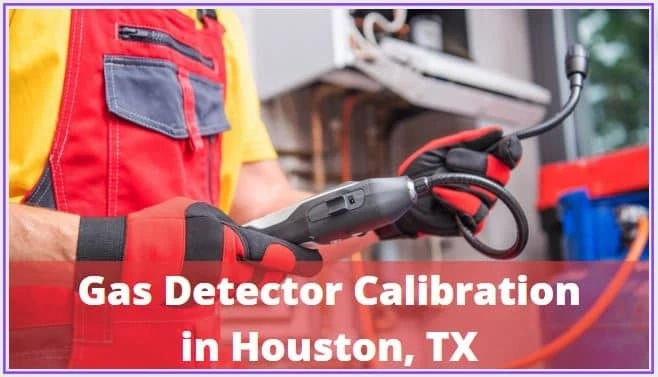In the absence of regular maintenance, gas sensors may deviate from the set limits, failing to meet acceptable tolerance targets. It is mandatory for workplaces exposed to toxic and explosive gases to install gas detection systems that work properly. Not only does it ensure the safety of the workers from the threats but also the work site. With routine and accurate calibration, calibration gases play a vital part in restoring the working precision of the gas detectors. The International Safety Equipment Association (ISEA) advises checking the accuracy of the sensors each day before using them. If you are looking for reliable gas detector calibration in Houston, TX, you can always rely on Green Light Safety. The first step in restoring the reaction to the correct concentration levels is to determine the suitable gas to rectify the calibration drift. Here are a few tips to assist you in selecting the best calibration gas for your industrial uses.
Kinds of gas detectors
It is essential that you know what kind of gas detector is used in your facility. Single gas and multi-gas detectors are the two main types of sensor detectors. To re-establish the detector\'s precision, single gas systems use purified single gases. Generally, methane and iso-butane work well as calibration gases for most single gas detectors, while multi-gas detectors use a specialized gas by tailoring it to the research facility or industrial use. These calibration gases are usually four-gas mixtures that are merged and mixed to the proper concentrations.
Gases\' purity
The calibration gas impurities have a big impact on how sensitive the gas sensors are. With the help of the calibration gas, it is possible to verify the accuracy and purity of produced gases at an exact point of reference. Before using them in a technique, analytical laboratory gases must be pure and meet specific industry criteria. A 99.995 % purity level is essential for nitrogen, a common calibration gas. Before use, nitrogen, oxygen, helium, hydrogen, and argon must all meet a predetermined purity standard. Finding a calibration gas that satisfies the requirements for purification is essential.
Customizing Gas
Calibration gases are used in a variety of settings, including labs, factories, petrochemical industries, research facilities, and academic institutions. Manufacturers of calibration gases create specially formulated gas mixtures that suit your needs. You can share your calibration gas requirements with the manufacturer, who then provides the appropriate standards for your gas detection equipment.
Are you a gas detector calibration in Houston, TX? Green Light Safety, a safety company, specializes in rentals, sales, and service of Gas Detection equipment. For more information, call (832) 262-9931.



